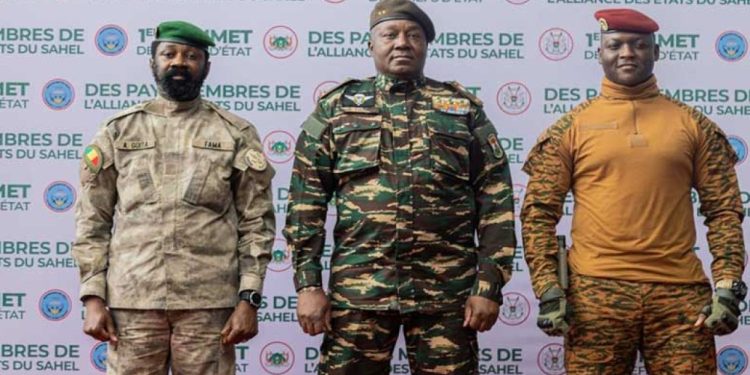Mali, Burkina Faso, and Niger have jointly declared their withdrawal from the International Criminal Court (ICC), citing concerns about the court’s legitimacy and effectiveness.
In a statement released on Monday, September 22, the three military-led governments accused the ICC of operating as a tool of “neocolonial repression” used by imperial powers. They described the court as “a global example of selective justice” and criticized its failure to address major international crimes impartially.
Criticism of ICC’s Effectiveness
The juntas claimed the ICC is “incapable of prosecuting confirmed war crimes, crimes against humanity, genocide, and crimes of aggression.” This echoes similar criticism they previously used to justify their withdrawal from the Economic Community of West African States (ECOWAS).
They emphasized their intention to create “indigenous mechanisms for the consolidation of peace and justice”, seeking alternative justice systems rooted in local governance.
Context: Coups and Realignment
All three countries experienced military coups between 2020 and 2023, leading to the establishment of the Alliance of Sahel States (AES) — a confederation aimed at regional cooperation outside Western influence.
Since their respective coups, the transitional governments in Bamako (Mali), Ouagadougou (Burkina Faso), and Niamey (Niger) have distanced themselves from Western nations, especially France, their former colonial ruler. Instead, they have increasingly aligned with Russia, particularly in military matters.
Despite facing ongoing insurgencies from jihadist groups affiliated with Al-Qaeda and the so-called Islamic State, the national armies of these countries have also faced allegations of abuses against civilians.
About the ICC
The International Criminal Court, headquartered in The Hague, was established in 2002 under the Rome Statute. It is a permanent tribunal designed to prosecute individuals for genocide, war crimes, crimes against humanity, and aggression, especially in cases where national courts are unwilling or unable to act.
Notably, major global powers such as the United States, China, and Russia have not ratified the Rome Statute and are not ICC members. Israel also does not recognize the ICC’s jurisdiction over its nationals or territory.


